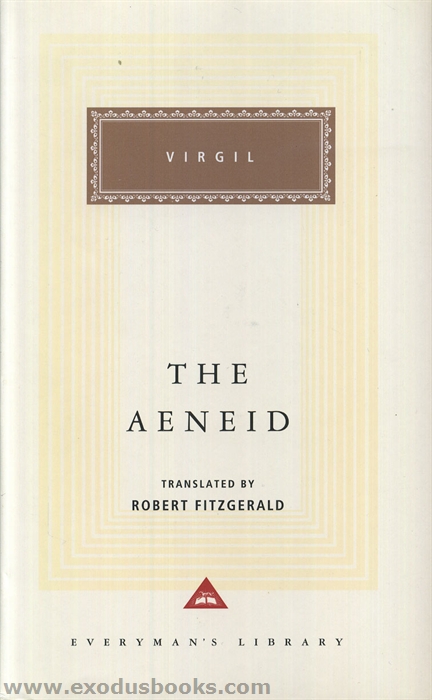

In Gylfaginning, Snorri Sturluson describes how during the creation of the world, the gods made the earth and surrounded it with the sea. Eventually, other tribes began to perceive the Trojans and their leader Trór ( Thor in Old Norse) as gods. After the defeat, Trojans moved to northern Europe, where they became a dominant group due to their “advanced technologies and culture”.

According to Snorri, Asgard represented the town of Troy before Greek warriors overtook it. The Prose Edda's euhemeristic prologue portrays the Æsir gods as people that travelled from the East to northern territories. Furthermore, Völuspá references Iðavöllr, one of the most common meeting places of Æsir gods, which in Gylfaginning, Snorri locates in the centre of Asgard.

It is to be noted, however, that Asgard is not mentioned at any point in the poem. Grímnismál contains among its cosmological descriptions, a number of abodes of the gods, such as Álfheim, Nóatún and Valhall, which some scholars have identified as being in Asgard. The second instance is in Þrymskviða when Loki is attempting to convince Thor to dress up as Freyja in order to get back Mjölnir by claiming that without his hammer to protect them, jötnar would soon be living in Asgard. The first case is in Hymiskviða, when Thor and Týr journey from Asgard to Hymir's hall to obtain a cauldron large enough to brew beer for a feast for Ægir and the gods. Attestations The Poetic Edda Īsgard is named twice in Eddic poetry. Possible anglicisations include: Ásgarthr, Ásgard, Ásegard, Ásgardr, Asgardr, Ásgarth, Asgarth, Esageard, and Ásgardhr. The word Ásgarðr is a compound formed from Old Norse: āss ("god") and Old Norse: garðr ("enclosure"). Many of the best-known Nordic gods are Æsir or live in Asgard such as Odin, Thor, Loki, and Baldr. It is described as the fortified home of the Æsir gods, often associated with gold imagery.

It appears in a multitude of Old Norse sagas and mythological texts. In Nordic mythology, Asgard ( Old Norse: Ásgarðr "enclosure of the Æsir") is a location associated with the gods. Asgard and Bifrost in Otto Schenk's interpretation of Wagner's drama Das Rheingold


 0 kommentar(er)
0 kommentar(er)
